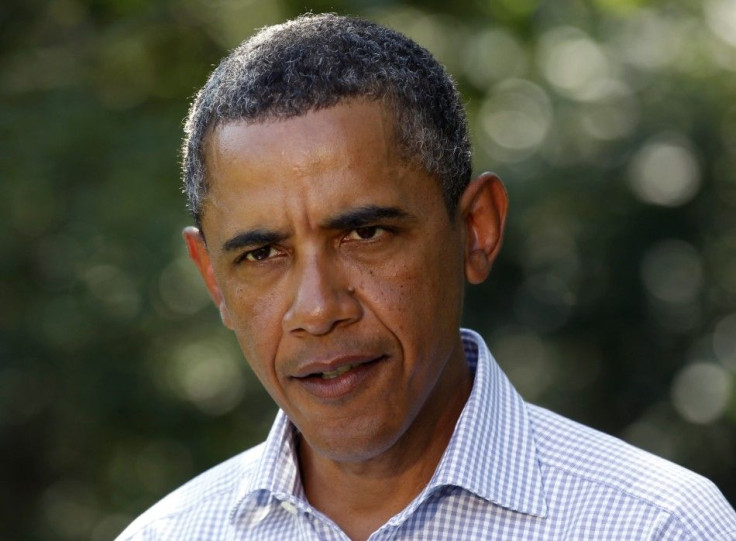Most American Muslims are Satisfied Obama Backers

A majority of U.S. Muslims are content with the nation's direction in contrast to many Americans and few Muslims believe there is support for Islamic extremism here, a survey released on Tuesday found.
With the 10th anniversary of the al Qaeda attacks on New York and the Pentagon approaching, the Pew Research Center found that most Muslims felt ordinary Americans were friendly or neutral toward them.
In contrast to the majority of the general public dissatisfied with the nation's direction, 56 percent of the estimated 2.75 million American Muslims said they are satisfied, the survey showed. Seven out of 10 view President Barack Obama's tenure favorably.
On a variety of measures, Muslims in America are very content with their own lives and with the communities where they live, Pew researcher Greg Smith said in an interview.
Four out of five Muslim Americans surveyed were satisfied with the way things are going in their lives and rated their communities very positively as places to live.
We've seen Muslims move in a different direction than the rest of the country (with more) believing America is going in the right direction, Smith said.
Only 6 percent of Muslims in the survey of slightly more than 1,000 surveyed by telephone between April and July said they there is a great deal of support for Islamic extremism in Muslim-American communities. Another 15 percent said there is a fair amount of support among U.S. Muslims of extremism.
Among the general public, four in 10 believe extremism is supported in the Muslim American community, researchers said.
Pew last surveyed American Muslims in 2007, and researchers compared their attitudes in light of various disputes over mosque building, attacks on Muslims and mosques, a heating up of the U.S.-led war in Afghanistan and hearings in the U.S. Congress about the threat of home-grown Muslim terrorism.
Since 2007, there has been little change in how Muslim Americans see how they are viewed by the rest of America, with 28 percent saying other Americans viewed them suspiciously and 22 percent saying they had been called offensive names. Only 6 percent said they had been threatened or attacked, while 38 percent were bothered by their sense that they were singled out for increased government surveillance.
In response to questions about being a Muslim in the United States since the September 11 attacks, 55 percent said it is more difficult while 37 percent saw no change.
Two-thirds of those survey said the quality of life for Muslims in the United States is better than in most Muslim countries.
In 2007 only one-quarter of Muslim Americans believed the U.S.-led war on terrorism was sincere, while 43 percent surveyed this year believed the effort was sincere.
The survey found nearly seven in 10 Muslim Americans said the Muslim community is cooperating to the extent it should with U.S. law enforcement -- an issue raised in congressional hearings. However, only one-third said U.S. Muslim leaders had spoken out sufficiently against extremism.
Muslim American attitudes toward terror attacks and al Qaeda had not changed much in four years, with 81 percent saying suicide bombings and other violence against civilians to defend Islam were never justified, with 1 percent saying it was often justified.
Only 5 percent had a somewhat or very favorable view of al Qaeda, with a growing majority of 70 percent holding very unfavorable views of the group.
The general level of satisfaction among American Muslims was reflected in the 76 percent who approved of Obama's performance as president -- nine out of 10 said they voted for the Democrat in 2008. Muslim support for Obama contrasts with unfavorable views of his Republican predecessor, George Bush.
There are an estimated 1.8 million Muslim adults in the United States, including U.S.-born converts, a 300,000 increase since 2007. Two-thirds were born in other countries.
The survey had an error margin of 5 percentage points.
© Copyright Thomson Reuters 2024. All rights reserved.











